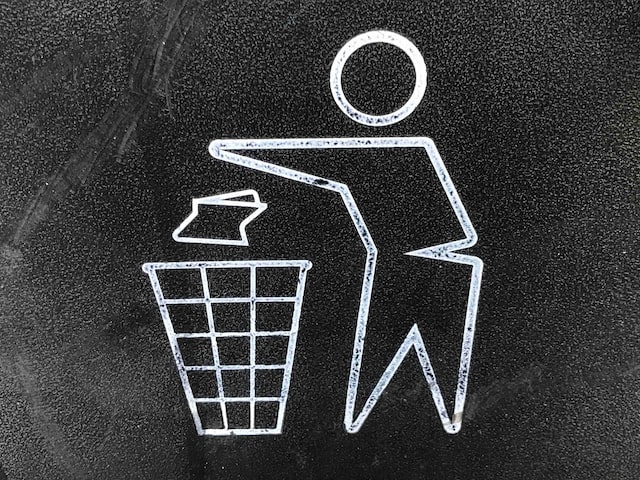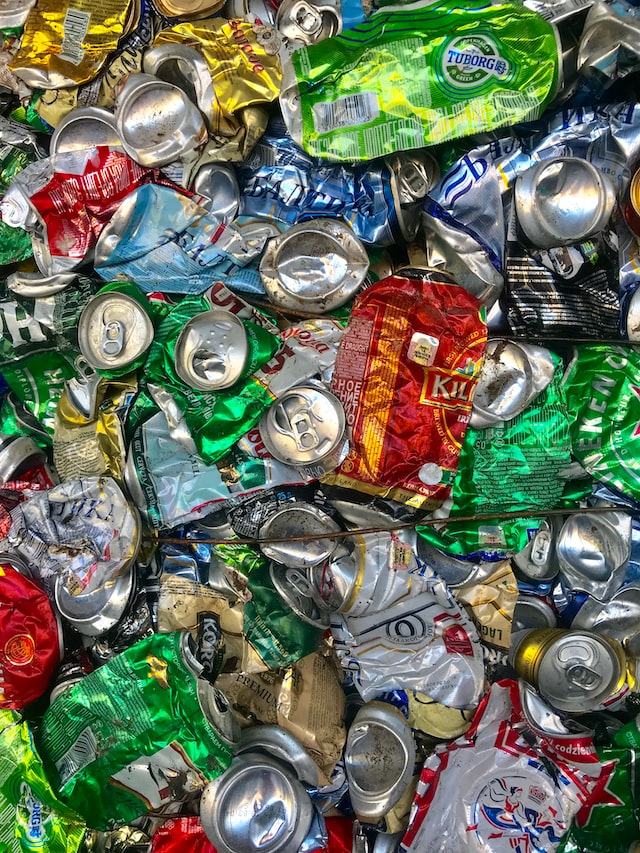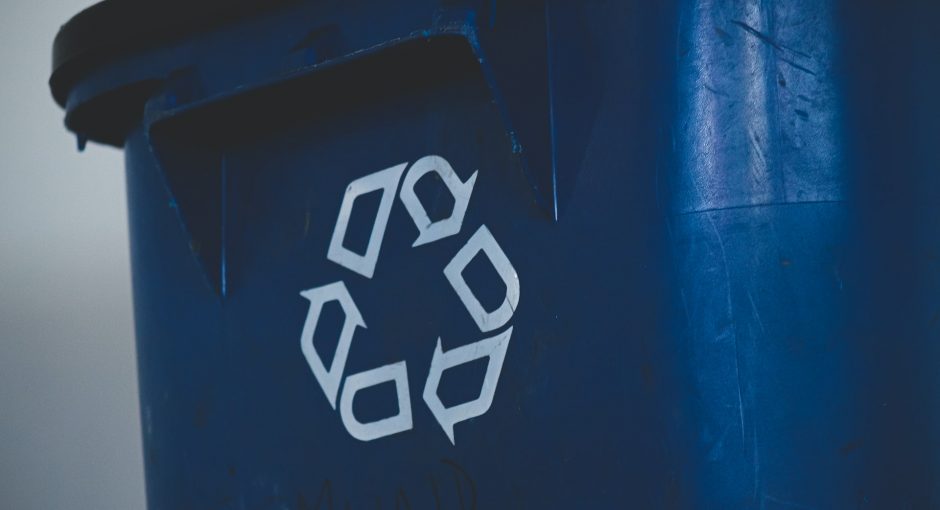Establishing a recycling business is an excellent way to make money while helping the environment. But like any other venture, it takes time and energy in order to be profitable. To succeed, you need to effectively market and promote your venture.
Selecting Your Niche:
Begin by determining what types of materials your customers require recycling. This will help you select the ideal location and equipment. You might also want to research the most effective ways to market your business.
Once you know what needs recycling, research your local area to see if there are any drop-off points for recyclable material. Additionally, advertise your recycling center at nearby parks and other places where eco-conscious citizens might congregate.
Selecting an Appropriate Location:
To guarantee your new business is successful, choose a location close to landfills and waste management facilities but far away from residential areas. This will make it simpler for you to collect recyclable materials and transport them to your processing facility.

Creating a Business Plan:
Before starting your recycling business, it’s essential to create an organized plan outlining what needs to be done and how. This should include what licenses or permits are necessary, how much it’ll cost to open the enterprise, as well as how it will run over time.
Identifying Competition:
Conduct as much research as possible on your local and regional competitors to develop a strategy to beat them. It will also help determine how much investment should be made in your new business venture.
Finding Funding:
Funding a startup can be tricky, but there are plenty of options. You can secure funding through personal savings, bank or SBA loans, crowdfunding sites and support from friends and family.
You may even be eligible for low-interest loans from your local government and environmental protection agency. These grants and loans can cover the expenses associated with starting up a business, such as initial equipment, electricity costs, staff salaries, transportation fees, storage needs and more.

Crafting a Unique Selling Proposition:
Your USP should be something that sets your business apart from competitors and articulates how you will fulfill customers’ needs. Your USP should be concise and straightforward, providing some insights into who your target customer is and what their needs are.
A strong USP can give your business an edge over others in its niche, leading to increased sales and profits. Furthermore, it draws customers to your website and encourages them to contact you for further details.
Planning for a Sustainable Future:
In today’s world, more people are taking environmental concerns seriously. Recycling has become an increasingly popular alternative to landfilling garbage. To stay ahead of this trend, many entrepreneurs have turned to the recycling industry as a source of income.






